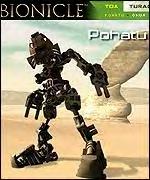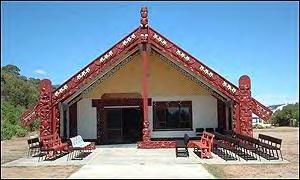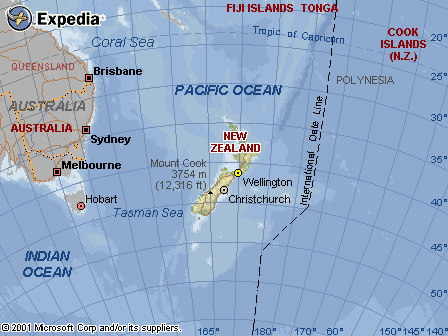|
|
Canku Ota |
|
|
(Many Paths) |
||
|
An Online Newsletter Celebrating Native America |
||
|
November 3, 2001 - Issue 48 |
||
|
|
||
|
Maori Take on Hi-Tech Lego Toys |
||
|
by Kim Griggs-BBC New Zealand-October 26, 2001 |
||
|
photo of Whakatu Marae (a meeting ground) courtesy Ngati Koata Trust |
 After challenging
Danish company Lego to stop using Maori words for its hi-tech toys, New Zealand Maori are now planning to work
with the company to draft guidelines on how to use traditional knowledge. After challenging
Danish company Lego to stop using Maori words for its hi-tech toys, New Zealand Maori are now planning to work
with the company to draft guidelines on how to use traditional knowledge. Last week a Lego representative went to New Zealand to meet with the Maori, who had complained at Lego's use of Maori words in its Bionicle game. After deciding to stop using offending words in any further launches of the Bionicle range, Lego now wants to set out a code of conduct for the use of traditional knowledge in the manufacture of toys. Bionicle involves a group of imaginary inhabitants of the island of Mata Nui, called the Tohunga, who are in the power of an evil beast called Makuta. Six heroes called the Toa are sworn to liberate the Tohunga. Positive feeling The meeting in New Zealand, the first of its kind for Lego, was to start discussions about the proposed code of conduct. "We wanted to make sure the Maori people would be interested in participating in such a process," said Brian Soerenson, the Lego representative at the New Zealand meeting. "I felt it was a very positive meeting, both on the code of conduct issue and also in the more broad discussions of the possibilities of cooperation in the future, but there has been no decision on this matter yet."  Maui Solomon, the lawyer who wrote the original letter of complaint to Lego, thinks the meeting
was a step forward. Maui Solomon, the lawyer who wrote the original letter of complaint to Lego, thinks the meeting
was a step forward. "We're trying to put the record straight about the culture and here's a major international company that's out there projecting a different perception and image," said Mr Solomon. "Now if we can get that right, then you've got something really powerful that's going to satisfy the commercial market and more importantly, the cultural market." 'Menagerie of toys' Mr Solomon and the groups he represents objected to the inappropriate use of Maori words, and the way the game mixed together strands of many cultures. "This was what Lego was doing, taking bits and pieces and sticking it all together to make a bit of a menagerie of toys, which projected what they saw as sort of wonderful kind of culture of good versus evil," Mr Solomon says. Removing Maori culture entirely from the international toy market is not the New Zealand group's aim. "We would want to have a code of conduct; we know that other indigenous people around the world would want to have a code of conduct," said Roma Hippolite, the chief executive officer of Ngati Koata Trust, one of the groups at the Lego meeting. "It's not to protect and isolate but just to make sure that appropriate recognition is given where due." Having Maori culture represented correctly could be a powerful tool for Maori, according to Mr Hippolite. "If an agreement can be made and the stories and the names are used appropriately so you couldn't put the name tohunga [a spiritual advisor and healer] where it didn't belong, then there can be a whole generation of kids around the world that get to know and understand about things Maori." |
|
|
|
Te Puni Kokiri |
|
|
||
|
|
||
| Canku Ota is a free Newsletter celebrating Native America, its traditions and accomplishments . We do not provide subscriber or visitor names to anyone. Some articles presented in Canku Ota may contain copyright material. We have received appropriate permissions for republishing any articles. Material appearing here is distributed without profit or monetary gain to those who have expressed an interest. This is in accordance with Title 17 U.S.C. section 107. | ||
|
Canku Ota is a copyright © 2000, 2001 of Vicki Lockard and Paul Barry. |
||
|
|
|
|
|
The "Canku Ota - A Newsletter Celebrating Native America" web site and its design is the |
||
|
Copyright © 1999, 2000, 2001 of Paul C. Barry. |
||
|
All Rights Reserved. |
||

